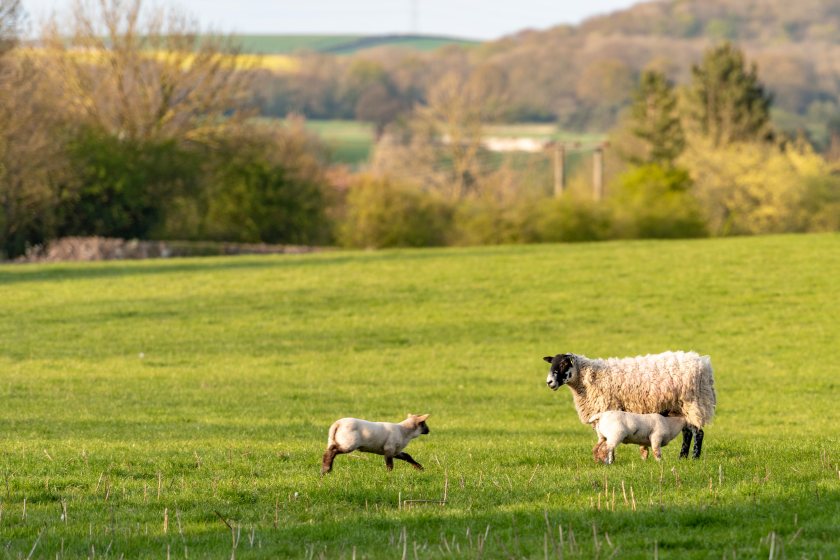Reform UK freezes sale of Staffordshire county farms

Staffordshire’s new Reform UK leadership has put an immediate stop to the disposal of council-owned farms, pitching the move as a commitment to food security and a route into the industry for the next generation.
The decision reverses years of piecemeal disposals from the rural estate. Today the county holds 63 equipped tenanted farms and other rural assets across roughly 6,500 acres, with most units geared to dairy and others rearing beef and sheep, plus a smaller arable presence.
Reform UK took control of the authority following the May 2025 local elections, winning 49 of the council’s 62 seats. The new administration was formally confirmed later that month, marking the first time the party had led the county.
County smallholdings in Staffordshire date back to 1908, when plots were first let to encourage stock rearing and dairy. The model has long been used to help new entrants establish themselves and for progressing tenants to scale.
Staffordshire County Council deputy leader Martin Murray announced the change on X, stating the council had “immediately stopped all proposed future sales” and introduced “a total ban on the sale of county farms.”
He added: “We believe in food security, we believe in helping new farmers, young farmers get on the ladder to feed our nation.”
The estate’s future has been contested over several administrations. A Labour proposal in 2008 to explore disposals drew strong opposition from farming groups and was dropped.
In 2019, a Conservative plan targeted the sale of 16 farms, aiming to raise around £20m for services including health, care and infrastructure. First-round sales included sites at Rugeley, Gnosall, Eccleshall and Hilderstone.
Alongside the moratorium on sales, cabinet members signalled they do not want agricultural land on the estate used for solar or battery storage schemes, though the council’s buildings could still host renewable installations.








